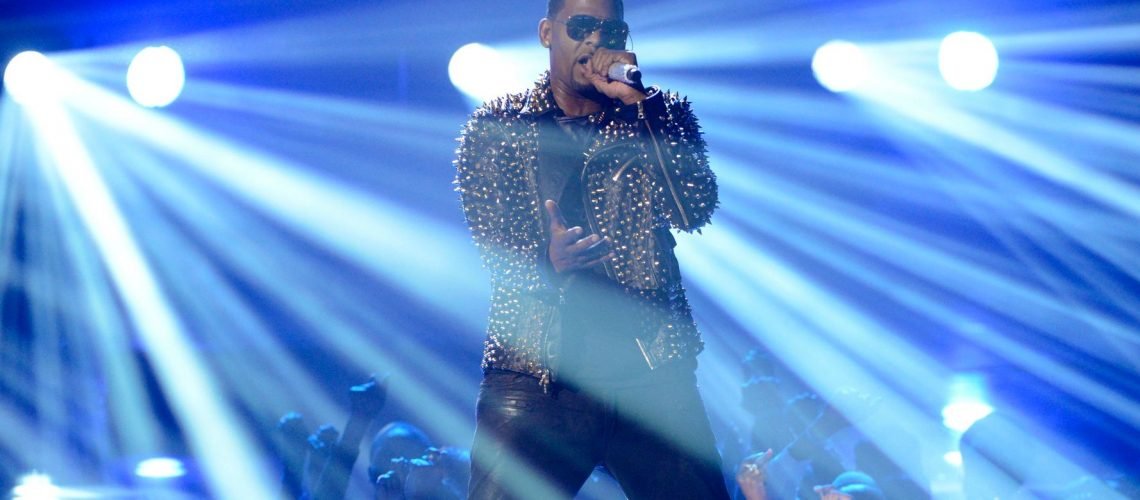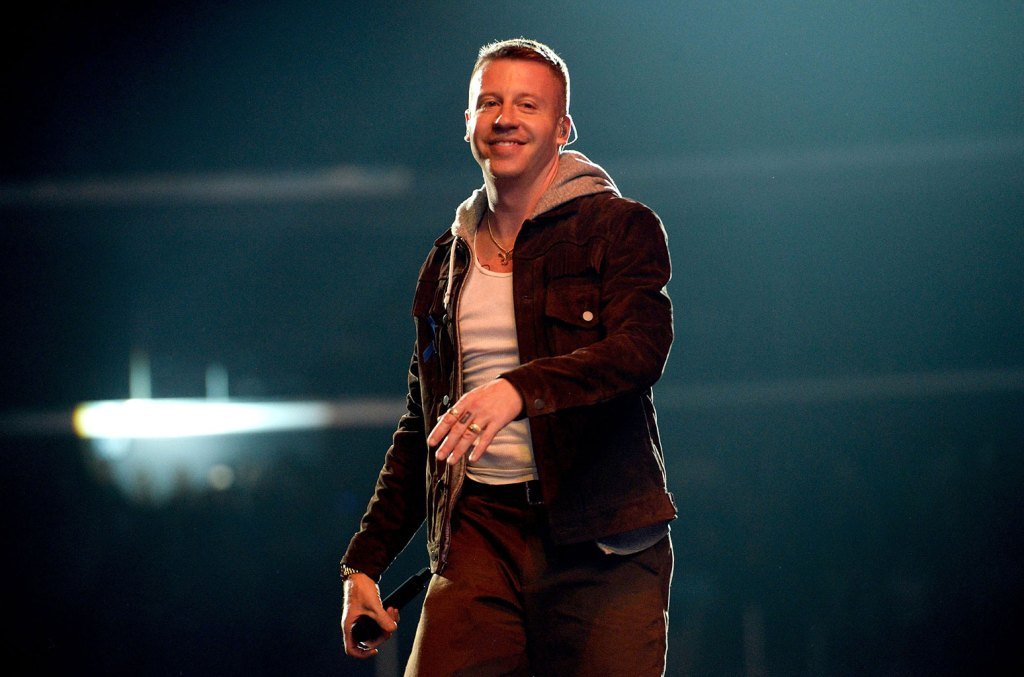An earlier version of this article was published in July, 2017.
For decades, R. Kelly has imposed his will on reality.
The embattled R&B superstar, who takes to calling himself the “pied piper,” has hinted at a romantic interest in girls and young women for years. He is arguably known just as well for being accused of sexually assaulting and exploiting underage girls as he is for any song he’s produced.
Yet, still, he is booked to perform at sold-out concerts, and he’s been invited to award shows and festivals.
Lifetime’s “Surviving R. Kelly” docu-series poses the greatest threat yet to this world of Kelly’s creation. The three-part series, which debuted on Thursday, includes the artist’s family, friends, employees and accusers recounting predatory and abusive behavior. A quick survey of Twitter shows there are still people just now learning of this behavior, and the gravity of this newfound discovery may well be what spurs another flurry of criticism toward Kelly.
But the fact remains that much of what we know about R. Kelly today was known yesterday, last week, last year and earlier. Whereas many celebrities have been inclined to change course or lying low since eluding punishment, Kelly’s misbehavior has endured.
In 2017, for example, BuzzFeed reported on accusations that R. Kelly was grooming women through sexual, physical and psychological abuse in what family members of the alleged victims said is a “cult.”
Cheryl Mack, Kelly’s former assistant, described how the artist enticed vulnerable women into leaving their normal lives for him:
″[The women originally think] This is R. Kelly, I’m going to live a lavish lifestyle,” said Mack, who worked as Kelly’s personal assistant for a year and a half starting in 2013 and has remained in touch with some members of his inner circle. “No. You have to ask for food. You have to ask to go use the bathroom. … [Kelly] is a master at mind control. … He is a puppet master.”
The report does not lack in figures worthy of scorn. One wishes for the sensibility of adults at almost every juncture in this story: from Kelly, to be certain, but also from the parents whose desperation and naivety sent their children to a man with a despicable track record of alleged abuse.
But we cannot excuse ourselves from blame.
We have — often, in clear, embarrassing fashion — dismissed those he has victimized to preserve the reputation of a man whose greatest contribution to this earth is tolerable cookout music.
To this point, Bernice King, daughter of Martin Luther King Jr., offered an unflinching indictment:
It should go without saying that Black girls should matter more than good music & a musical gift; that a minor should not be maligned as a manipulator of a man. Let’s teach boys that girls’ bodies are not theirs to molest & misuse. Not theirs to do anything with. #SurvivingRKelly
— Be A King (@BerniceKing) January 4, 2019
It is not merely his alleged victims who were charmed but also the public, who in a more just world would wield righteous, ultimate power over Kelly’s career. But we’ve thus far chosen not to brandish this power in defense of black girlhood, and this immobilization in the face of clear wrongdoing is a great shame.
There are not many unique ways remaining to convey the sickness in Kelly’s behavior. The singer has eluded a groundswell of rhetorical fury, and he’s done so with minimal impact on his bottom line or perception among his staunchest supporters. And for all the common sense he seems to lack ― even as he oafishly continues and excuses his predatory behavior in broad daylight ― he seems to keenly understand our national apathy toward black girls, and he navigates it startlingly well.
Kelly’s well-documented marriage to late singer Aaliyah is his most prominent use of this apathy. Kelly married the artist when she was just 15 years old, and after he’d groomed her while producing her debut album, infamously named “Age Ain’t Nothing But a Number.”
Other girls alleged to have fallen victim to his preying fit a similar profile to Aaliyah: Young, black girls with an understandably childish interest in the trappings of fame and success. Kelly allegedly offered them this in ample amount, both in the encounter leading to his 2008 child pornography case and in the relationship that BuzzFeed reported on. The common thread?: a black girl serving at the behest of a man who seeks to deny her childhood ― to repurpose her as a subservient woman.
In many ways, we have been complicit in this.
When, for example, studies demonstrate our widespread denial of black girls’ innocence, the takeaway is that we wrongly consider them adults equipped to fend for themselves amid life’s hardships. We make adults of them to excuse the pain they endure.
Similarly, when comedians, the self-proclaimed arbiters of realism, declare black girls as willing participants in their exploitation and receive raucous applause, we fetishize their girlhood in dangerous ways.
One wonders, then, how to advance the story of R. Kelly ― how to, more importantly, advance the story of those he has victimized. How do we rescue those among a class that many among us deem unworthy of saving? Black girls exist at America’s most damned intersection: They are black. They are girls. And as R. Kelly abuses them, we too abuse in our silence.
To indict R. Kelly, be it within a courtroom or without, is to indict ourselves. Yes, he is a snake charmer ― the disgustingly self-proclaimed “pied piper” ― but always, we have remained complicit and eager to be charmed.
It’s easy for us to attribute our collective hypnosis to Kelly himself, but doing so affords far too much credit to a man whose success is owed solely to being a Marvin Gaye mimicry. R. Kelly’s cynical appropriation of our carelessness toward black girls is evil — but not without assistance.
And if we are to, rightly, condemn his actions, we should also consider why it’s taken so long ― despite so many victims ― for us to do so.
Calling all HuffPost superfans!
Sign up for membership to become a founding member and help shape HuffPost’s next chapter




